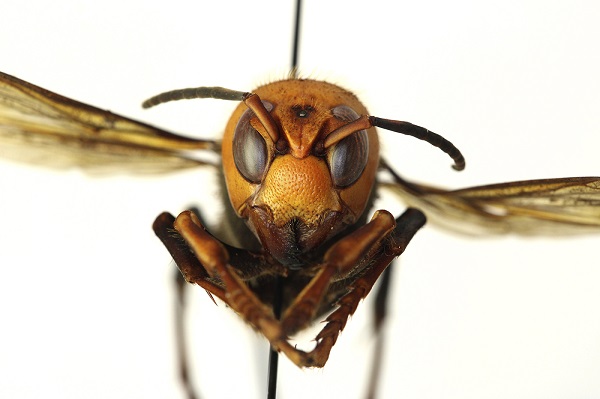What’s the Disaster of the Month?

April erupted with a large-scale quarantine in which people were advised to stay home to avoid spreading COVID-19. With the month of April behind us, people began to have high hopes for what could potentially be a much better month. After all, April showers bring May flowers. Maybe, just maybe, April was a disaster in order to pave the way for May. Unfortunately for us, that was not the case. It seems the flavor of the month is another disaster, and it takes form as the Murder Hornet.
The “Murder Hornet,” as everyone has dubbed it, is actually the Asian Giant Hornet. This species of hornet is the largest species of hornet in the world. A female may grow to about two inches, while the males grow to about 1.5 inches. This is an exceptionally large size for a hornet, and it allows for it to be even deadlier.
The Asian Giant hornet is not actually murderous to humans; it receives its name for its tendency to absolutely slaughter bees. This is a result of their abnormally large size along with their teamwork. Hornets are very solitary creatures that don’t attack other hornets. However, at a certain time during the early fall, Asian Giant hornets will group up and attack. Obviously, the large formation would slaughter every bee they come across. There’s no hope for the bees during that time. But one may wonder: “Why should I be worried if I live in America? After all, it’s called the ASIAN Giant Hornet.” Unfortunately for us, the “Murder Hornet” has made its debut in America, and it’s about to get ugly.
Pest control and government agencies report sightings of the hornets dating back to even late-2019, and the sightings keep are still happening near Oregon and Washington. Obviously, this will pose major problems. These hornets can completely decimate bee populations, which is terrible due to the utter importance to all life of bees. Bees are easily one of, if not the most, important workers in nature. They constantly work with no play and pollinate plants to help support life. Without our buzzy friends, the world is doomed. And of course, 2020 strikes with a predator aimed to eradicate the bees.
By Nathan Park

















